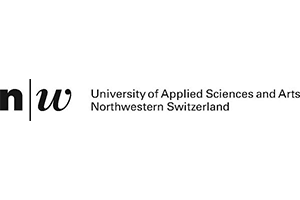Egis Zeneli
ESR 6: Computational methods using supersaturating drug delivery systems
University of Applied Sciences & Arts Northwestern Switzerland, Institute of Pharma Technology (FHNW)
Supervisor: Prof. Martin Kuentz
Planned secondments: Janssen (Purpose: Experimental data collection) Hafnium (Purpose: Training and modelling using Q–props® tools)
Project Description
Most of the newly discovered and existing APIs present solubility problems, which affects their absorption in the GIT. Supersaturation may offer a solution to this aspect. However, this is only possible by first stabilising this metastable state.
The objective of the project is to use high throughput screening methods to analyse large numbers of polymer-excipient interactions to prolong stability of this thermodynamically unfavourable state of APIs.
Machine Learning and Artificial Intelligence tools will be used to determine the most promising combinations.
The ML approach will be further validated and assessed under industrial development conditions at Janssen.
The ultimate goal is to establish a novel ML approach to formulation of supersaturating drug delivery systems.
Background
I have a Pharmaceutical Science background achieved between the University of Ferrara and London Metropolitan University in London. To gain a better understanding of the R&D aspects that precede the drug development process I undertook a Biosciences MRes at UCL in London.
Following my studies, I worked for Sharp Life Science on the development of miniaturised proteomics assays for the lab-on-a-chip technology.
Finally, in the last two years I have been working on benchmarking ML platforms for antibody developability at AstraZenca.

Interview with Egis Zeneli as part of the InPharma on-the-job interview series
Egis Zeneli is one of our InPharma Early Stage Researchers (ESR 6). During her time as part of the InPharma team, she was hosted at the University of Applied Sciences

